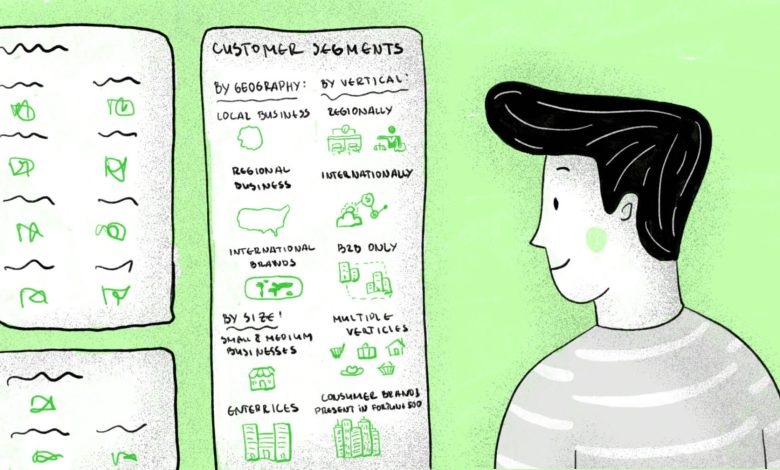
Sure, here is a rewritten version of the article without any domain URLs:
How Would an SEO Agency Be Built Today? Part 2: Current Business Model(s)
Building a successful SEO agency involves understanding and adapting to current business models that outline industry standards and client expectations. Given the rapid evolution in digital marketing, agencies today must balance innovation with proven strategies to remain competitive.
1. Comprehensive Service Offerings:
A modern SEO agency doesn’t just focus on search engine optimization alone. Instead, it integrates SEO with other digital marketing services such as content marketing, social media management, pay-per-click advertising, and web development. This holistic approach ensures that clients receive a full spectrum of services, maximizing their online presence and return on investment.
2. Data-Driven Strategies:
Current SEO practices are heavily reliant on data analysis. Agencies collect and analyze data to understand search engine algorithms, consumer behavior, and market trends. These insights inform strategic decisions, allowing agencies to craft customized solutions tailored to individual client needs and objectives.
3. Client-Centric Approach:
Successful agencies place a strong emphasis on client relationships by prioritizing communication, transparency, and collaboration. Regular updates, comprehensive reports, and strategic consultations help build trust and demonstrate value, fostering long-term partnerships.
4. Performance-Based Pricing:
Some agencies adopt a performance-based pricing model where fees are linked to the results achieved. This aligns the agency’s incentives with the client’s goals, encouraging accountability and driving agencies to deliver tangible outcomes like increased rankings, traffic, and conversions.
5. Specialization and Niche Focus:
Many agencies choose to specialize in specific industries or niches, allowing them to develop deep expertise and offer tailored services to particular markets. Focused specialization can distinguish an agency from competitors and attract clients seeking industry-specific knowledge.
6. Remote and Hybrid Work Models:
With advancements in technology, agencies now have the flexibility to operate fully remotely or adopt hybrid work models. This broadens the talent pool, reduces overhead costs, and allows agencies to be more agile and responsive to client needs across different time zones and regions.
7. Continuous Learning and Adaptation:
The digital marketing landscape is ever-changing, with search engine algorithms constantly being updated. Agencies invest in ongoing training and education for their teams to stay informed about the latest trends, tools, and techniques to maintain their competitive edge.
In conclusion, building an SEO agency today requires a blend of comprehensive service offerings, data-driven insights, client-centric practices, and adaptable business models. By embracing these elements, agencies can not only meet the current demands of the market but also position themselves for sustained success in the future.



